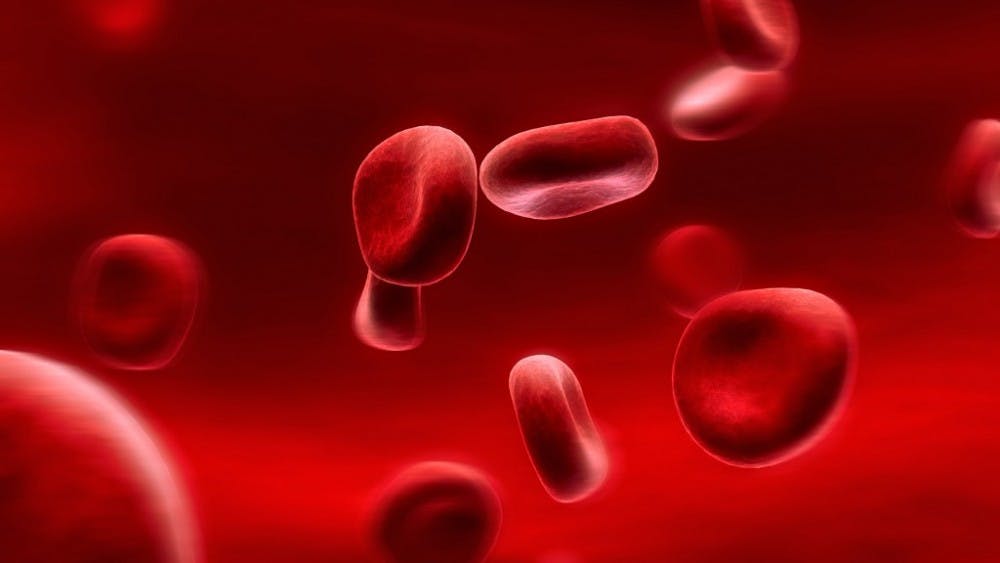Iron is vital to bodily function, playing an important part in oxygen transport and metabolism. However, nutritional deficiencies or excessive bleeding can cause iron deficiency anemia in patients. Those who are anemic may feel tired or lethargic. Currently, millions of people who have iron deficiencies take iron tablets to supplement their iron intake.
Recently, researchers have found that these iron pills may have damaging side effects to DNA when administered to cell cultures in vitro. Experiments were conducted using human endothelial cells, which make up the membrane that lines blood vessels. These cells maintain the permeability of blood vessel walls and regulate blood flow. The researchers placed these cells in iron or placebo solutions to simulate the effects of taking an iron tablet. The concentration of the iron solution was set at 10 micromolar, corresponding closely with actual blood concentrations of iron after the administration of an iron tablet.
When examining the genes in the cells, scientists found that cells suspended in iron solution activated their DNA repair systems within 10 minutes. In addition, these repair mechanisms remained active for an extended time, up to six hours. RNA analyses also revealed that genes corresponding to inflammation, stress response and programmed cell death were activated in many cells. All of these signs match the profile of cells that are under attack.
Previous studies have been conducted to test the effects of very high iron doses, but they were in regions outside of the therapeutic level. In patients with high blood iron concentrations, there is an increased risk of liver and heart diseases. In some cases, the patients have such a high level of iron that their transferrin saturation — proteins that transport iron within the body — can reach full saturation. (The normal range is between 25 percent to 45 percent saturation.) In contrast with these high iron levels, the iron levels that the researchers examined are those that are deemed ideal for treating anemic patients.
This finding suggests that cells can be very sensitive to iron concentrations, even if they are at a low level that is still considered safe for treatment. Future studies could be conducted to further measure the effect of iron supplements on the body. A small portion of the population report experiencing nosebleeds after taking iron supplements to treat hereditary abnormalities, but there has been no conclusive evidence pointing to clear detrimental effects of iron supplements on the body.

















